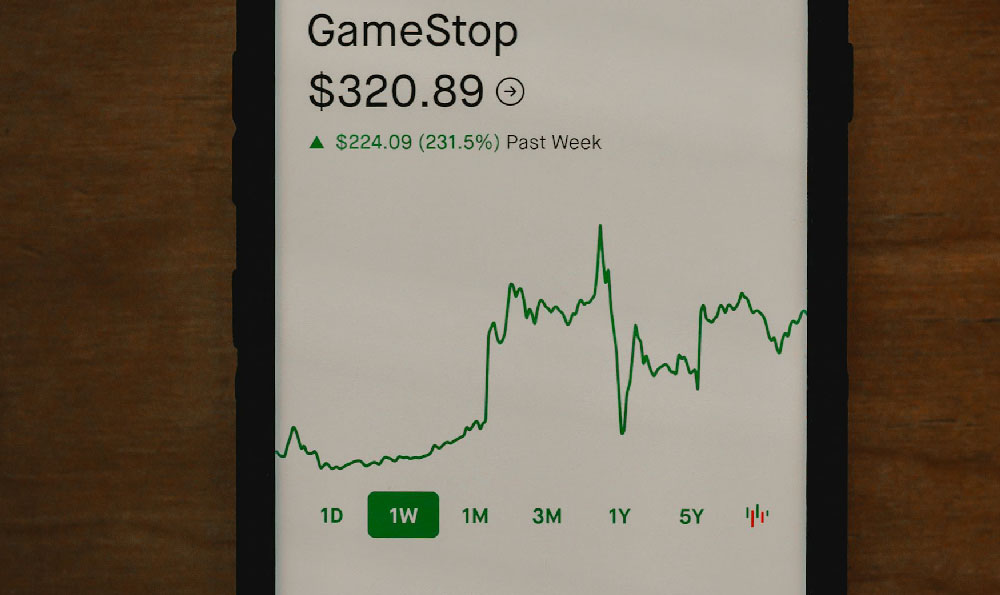Okay, I'm ready. Here's an article based on the title "How Much Does a Project Manager Make, and Is It Enough?" written to be informative, comprehensive, and exceed 800 words, without using bullet points, numbered lists, or ordinal indicators (first, second, etc.).
The allure of project management often centers on the power to orchestrate complex undertakings, guide teams toward shared goals, and ultimately, deliver impactful results. However, beyond the intrinsic satisfaction, the financial rewards are a crucial consideration for anyone contemplating or already navigating this career path. The question of “How much does a project manager make?” is frequently followed by a more profound inquiry: “Is it enough?” The answer, as with most compensation-related questions, is multifaceted and deeply personal.
Let's begin by dissecting the earning potential. Project manager salaries exhibit a wide range, influenced by a confluence of factors. Experience reigns supreme. Entry-level project managers, fresh out of university or with limited practical application, naturally command lower salaries compared to seasoned veterans with decades of successful project deliveries under their belts. As one climbs the ladder, taking on progressively larger and more intricate projects, compensation tends to mirror the escalating responsibility. Someone managing a small internal project will undoubtedly earn less than someone leading a multi-million dollar, cross-functional initiative with global implications.

Location is another significant determinant. Major metropolitan areas, characterized by higher costs of living and a greater concentration of corporate headquarters, typically offer more lucrative compensation packages. A project manager in New York City or San Francisco, for example, can expect a higher base salary than their counterpart in a smaller town with a lower cost of living. It's crucial to consider this geographical disparity when evaluating salary benchmarks. The apparent high salary might be offset by equally high expenses, particularly housing and transportation.
Industry also plays a crucial role in shaping earning potential. Certain sectors, like technology, finance, and pharmaceuticals, are known for their generous compensation packages, reflecting the high demand for skilled project managers and the significant value they bring to these industries. Project managers in these sectors often work on projects with substantial budgets and complex technological requirements, demanding a higher level of expertise and justifying higher salaries. Conversely, project managers in non-profit organizations or government agencies may encounter lower salary ranges, though these roles may offer other forms of compensation, such as enhanced benefits or a greater sense of purpose.
The type of project itself can also influence compensation. Project managers specializing in specific areas, such as agile methodologies or specific software implementations, may command a premium due to their specialized skillset. Furthermore, managing projects with a high degree of risk or complexity often translates to higher pay. For instance, a project manager overseeing the construction of a new power plant faces a different set of challenges and responsibilities compared to someone managing a marketing campaign, and this difference is often reflected in their respective salaries.
Beyond base salary, the total compensation package often includes benefits, bonuses, and other perks. Health insurance, retirement plans, paid time off, and professional development opportunities all contribute to the overall value of the job. Bonus structures, often tied to project performance or company profitability, can significantly boost annual earnings. Stock options or equity grants, particularly common in technology startups, offer the potential for long-term financial gains. When evaluating a job offer, it's crucial to consider the entire package, not just the base salary.
Now, let's address the second part of the question: Is it enough? This is where subjectivity enters the equation. “Enough” is a deeply personal and relative concept. It depends on individual financial goals, lifestyle aspirations, and personal circumstances. A project manager with a comfortable salary in a low-cost-of-living area might find it more than sufficient, while another project manager earning a seemingly higher salary in a major city might struggle to make ends meet due to high expenses and financial obligations.
To determine if a project manager's salary is "enough," it's essential to conduct a thorough assessment of personal financial needs and goals. This involves creating a budget, tracking expenses, and identifying areas where savings can be made. It also involves setting clear financial goals, such as saving for retirement, purchasing a home, or funding children's education. Once these goals are defined, one can then determine if the current salary is sufficient to achieve them.
Furthermore, “enough” extends beyond mere financial subsistence. It encompasses factors like job satisfaction, work-life balance, and opportunities for professional growth. A high-paying job that demands long hours, excessive travel, and constant stress may not be “enough” if it comes at the expense of personal well-being and relationships. Conversely, a lower-paying job that offers a supportive work environment, opportunities for learning, and a healthy work-life balance may be more fulfilling, even if it doesn't provide the same level of financial security.
In conclusion, the question of how much a project manager makes is answered with a range dictated by experience, location, industry, project type, and the overall compensation package. Determining if it is “enough” is a deeply personal journey, requiring careful consideration of individual financial needs, lifestyle aspirations, and overall well-being. It's about finding the right balance between financial security and personal fulfillment, ensuring that the rewards of a project management career extend beyond the paycheck. Continuously evaluating salary against these personal benchmarks and actively seeking opportunities for professional development and salary negotiation are crucial for ensuring that the answer to the question of "Is it enough?" remains a resounding "Yes."












